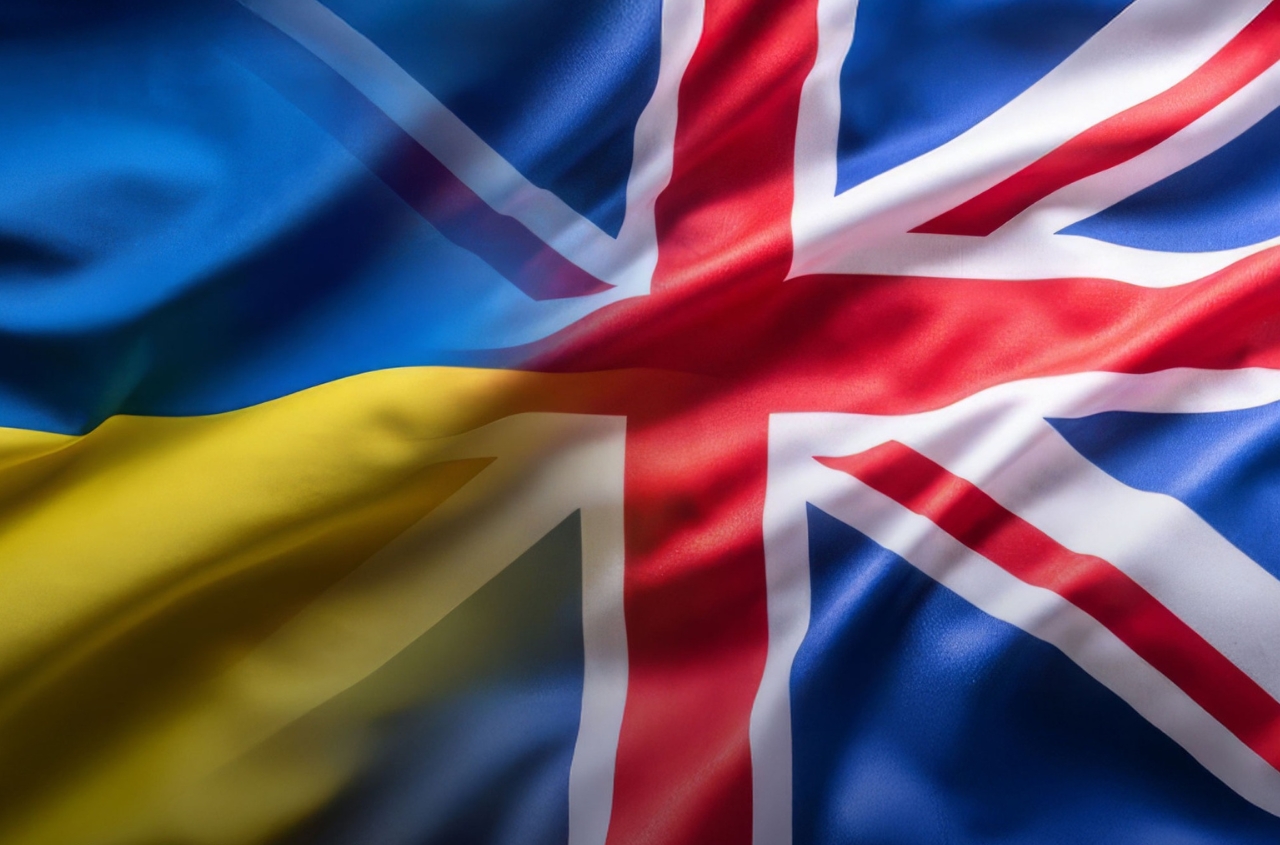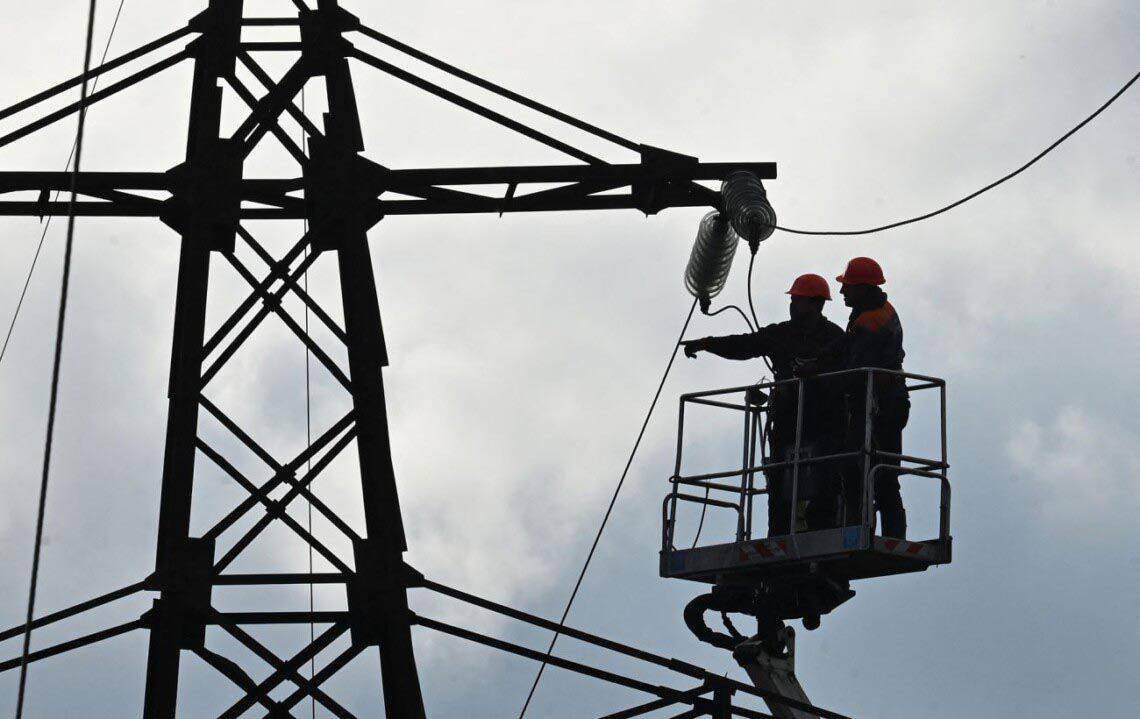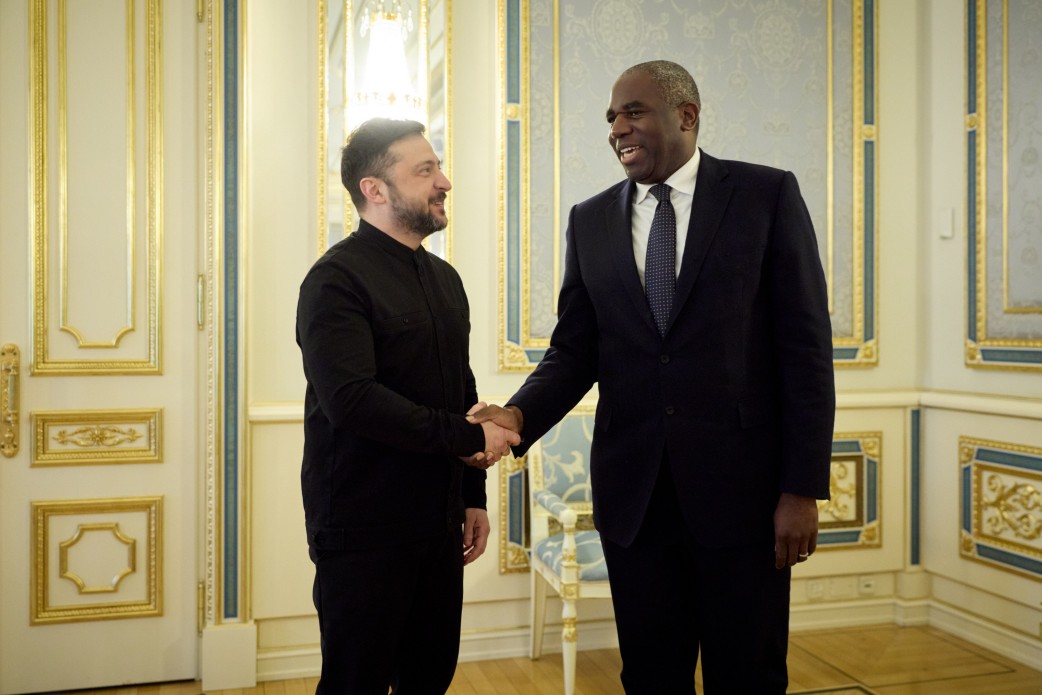The Royal United Services Institute (RUSI) published an analysis emphasizing the need for new strategies to contain the Kremlin and counter its aggression in the so-called “gray zone”—the space between peace and war. The institute’s experts note that Moscow actively employs hybrid methods in this domain, including disinformation, cyberattacks, and proxy operations, to undermine Western stability and test collective defense readiness. Analysts argue that the Kremlin has become increasingly audacious in recent years, especially amid doubts about the U.S. administration’s commitment to its allies. Even if military actions in Ukraine cease, gray zone aggression is likely to intensify, posing a threat to vulnerable NATO countries, particularly in the Baltics, and pushing Moscow toward further escalation.
RUSI points out that past experience has exposed the weaknesses of traditional deterrence mechanisms. Examples include the annexation of Crimea in 2014 and the war in Syria, where Russia successfully employed uncertainty tactics, used disinformation, concealed its role, and blocked international consensus. Such actions allowed Moscow to consolidate facts on the ground while the West failed to respond in time.
The study’s authors emphasize that Kremlin information and influence operations precede military actions and weaken target societies from within, eroding trust in governments and democratic institutions. Therefore, countering hybrid methods must begin long before any direct military threat emerges.
RUSI recommends combining two deterrence concepts: deterrence through denial, which makes aggression ineffective, and deterrence through punishment, which imposes serious consequences on the aggressor. NATO should strengthen societal resilience, develop strategic communications, actively involve civil society, and leverage the experience of countries most familiar with Russian tactics, especially Ukraine.
The experts also highlight the importance of cooperation within the alliance and with partners outside NATO. Moscow actively engages with “Global South” states, circumventing sanctions and consolidating influence, so the West must expand its engagement in these regions.
Additionally, RUSI stresses the value of offensive tools in response to Moscow’s actions. This includes sanctions, deplatforming disinformation spreaders, cyber operations against Kremlin influence networks, and information campaigns aimed at undermining its authority within Russia. Experts note that one of Moscow’s primary fears remains the loss of control over the domestic agenda and weakening elite influence.
RUSI concludes that NATO must move away from passive responses and develop a flexible deterrence system in which public preparedness, strategic communication, and international cooperation collectively prevent the Kremlin from acting in the gray zone with impunity.





















